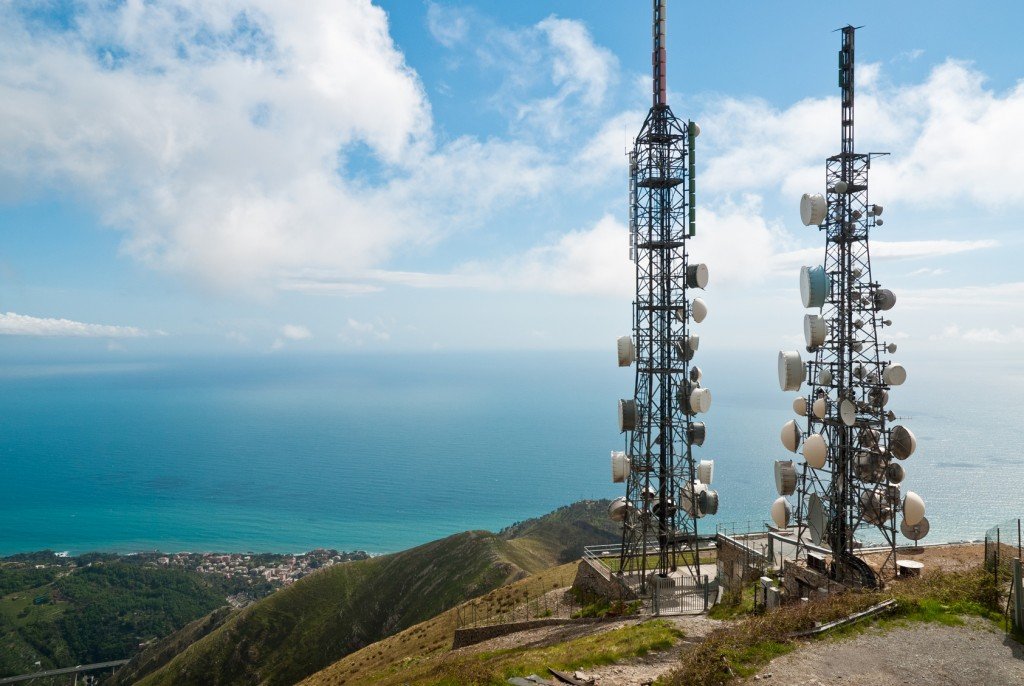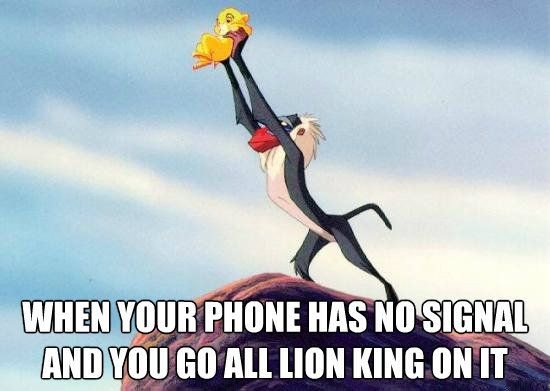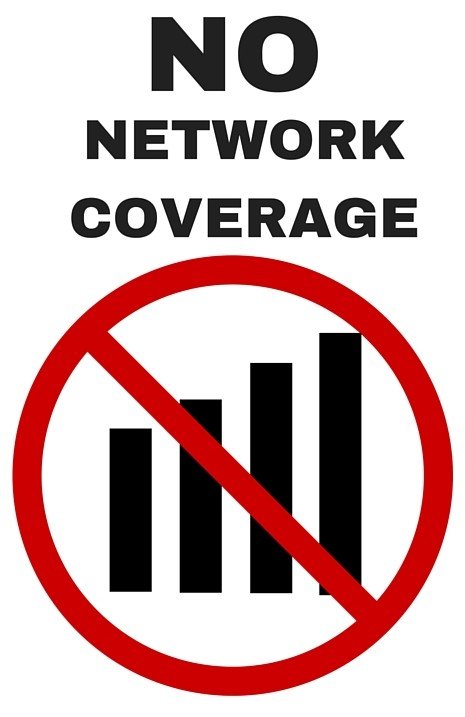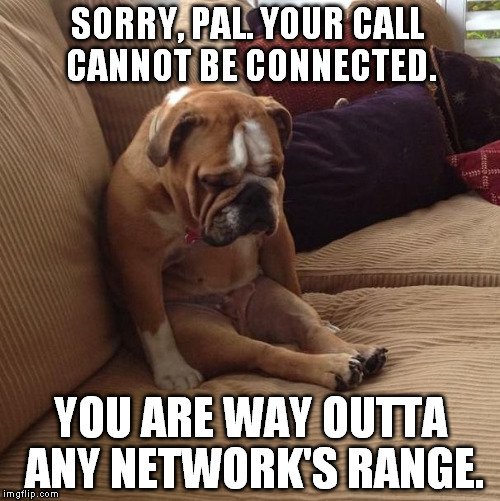When there is no network coverage, emergency calls can still be made by using the network of another service provider. If there is no network coverage at all, people can use satellite phones or radios to communicate in emergencies.
For a smartphone user, the most annoying feeling in the world – apart from the fact that the battery just dies when you receive a long-awaited text message – is having no network coverage on your phone! People do all sorts of unusual things to find network signals, and some really freak out as if it’s the end of the world if they don’t see those network bars in the top corner of the phone’s display.
In such situations, when there is no network coverage on your phone, the phone probably informs you almost to the point of being rude – “No network, just emergency calls.”
Wait a minute! Isn’t this message an oxymoron? How could you make “emergency calls” if you don’t have network coverage on your phone?
Why Do You Need Network Coverage At All?
Network towers are an absolutely indispensable component of wireless telephony. Suppose you want to call a friend; as soon as you have the green or whatever color on your phone “call” button, your phone sends a signal to the next network tower you can catch.
From there, the signal goes through a series of steps to arrive at another tower (which is nearest to your friend). Finally, the signals from the tower are received by your friend’s phone, and voila! The two of you are talking!

The bars in the top corner of your phone indicate your network service provider’s “usable strength”. If the bars disappear, network coverage is not strong enough to make calls, send SMS, etc. If that is true, how can you make those “emergency calls”?
Also Read: What Are Cell Towers And How Do They Work?
Can You Make Emergency Calls Without Service?
Like many people, you may think that there is some kind of tricky machinery built into your phone that allows it to make emergency calls, but unfortunately, that is simply not true.

As mentioned earlier, cell phones require network coverage to make calls. However, if the usable strength of the mobile network of your service provider (the manufacturer/company of the SIM card that you are using) is not good enough at the place where you’re making the call, then they use the network of some other service provider whose usable signal strength is strong enough to make the call.
GSM technology (most SIM cards work on GSM nowadays) is designed in such a way that you can use the network of another service provider in the absence of network coverage from your own service provider. Still, your access to it will be limited, hence the ’emergency call’ restriction.
Therefore, in the absence of sufficient network coverage from your own service provider near you, your phone camps on a ‘Roaming network’ (these are those companies that have links with your own company). If the roaming network is also not strong enough, then your phone camps on the best network signal available in your vicinity, irrespective of its source company. Emergency calls can be made in this case.
Also Read: How Does A Mobile Phone ‘Look’ For Network Coverage?
What If Your SIM Card Doesn’t Work?
In some countries, such as the United States and England, people can connect to an emergency number such as 911 or 999 even if their SIM cards are not working properly. Note that it is not the SIM card but the antenna of your phone that connects you to a network tower.
A SIM card only has the phone number and carrier info, so it’s unnecessary to make an emergency call. In such cases, since the SIM is dysfunctional, the emergency service center does not get the caller ID or the caller’s location, but the call can be connected.
What If There Is No Network Coverage At All?

If you happen to be in a place where there is absolutely no network coverage by a service provider, this is bad news. Since there is no network tower nearby that can receive and send your phone’s signals, your phone becomes completely ineffective.
Given this, it is essential for people who travel to remote places to explore the hinterland and unknown places to have communications security in the form of satellite telephones or radios in emergencies requiring immediate assistance.

If a visit to the jungles of the Amazonian basin is in the cards for you, ensuring that you have the necessary communication options in that dense green paradise is a sagacious choice.
Also Read: Why Haven’t Satellite Phones Become The Norm?
How much do you know about mobile phones and their network coverage?

